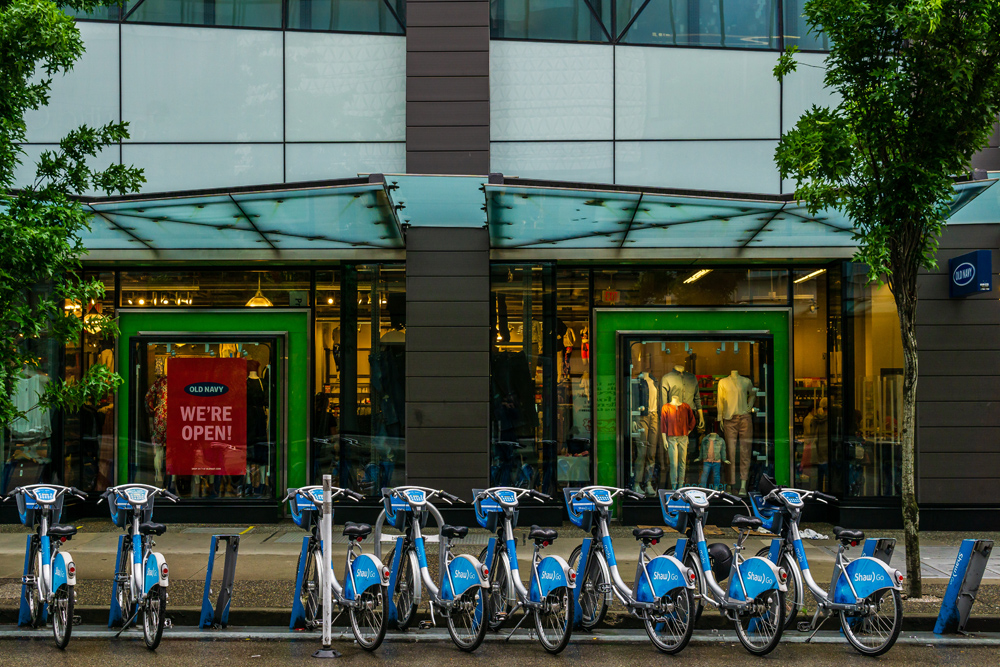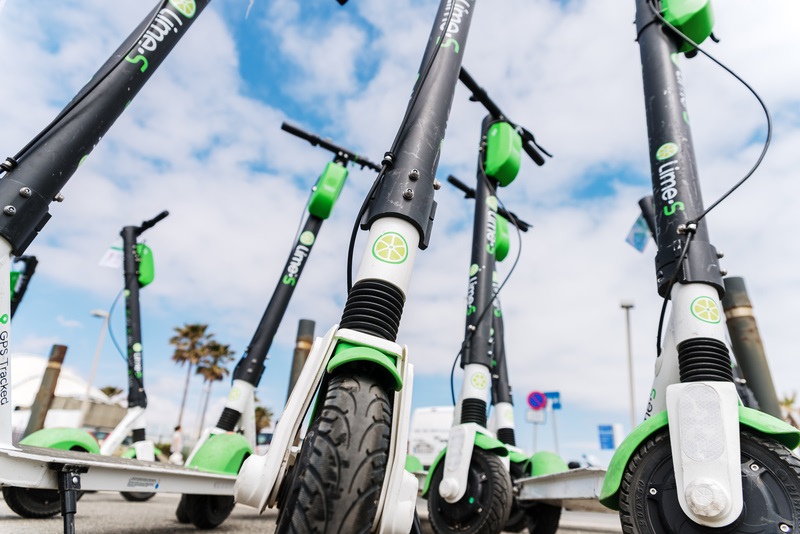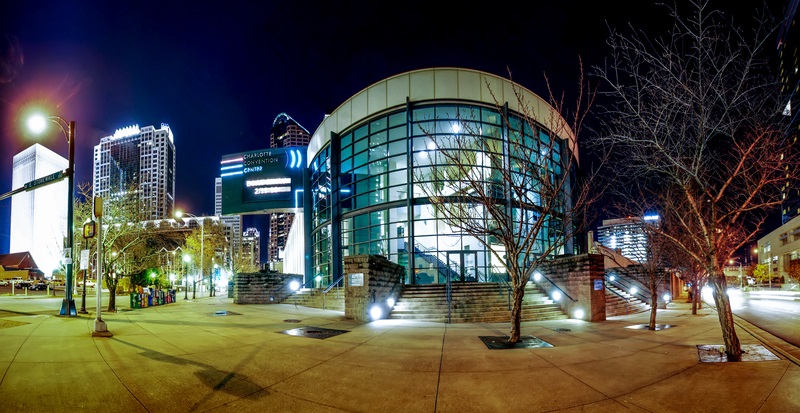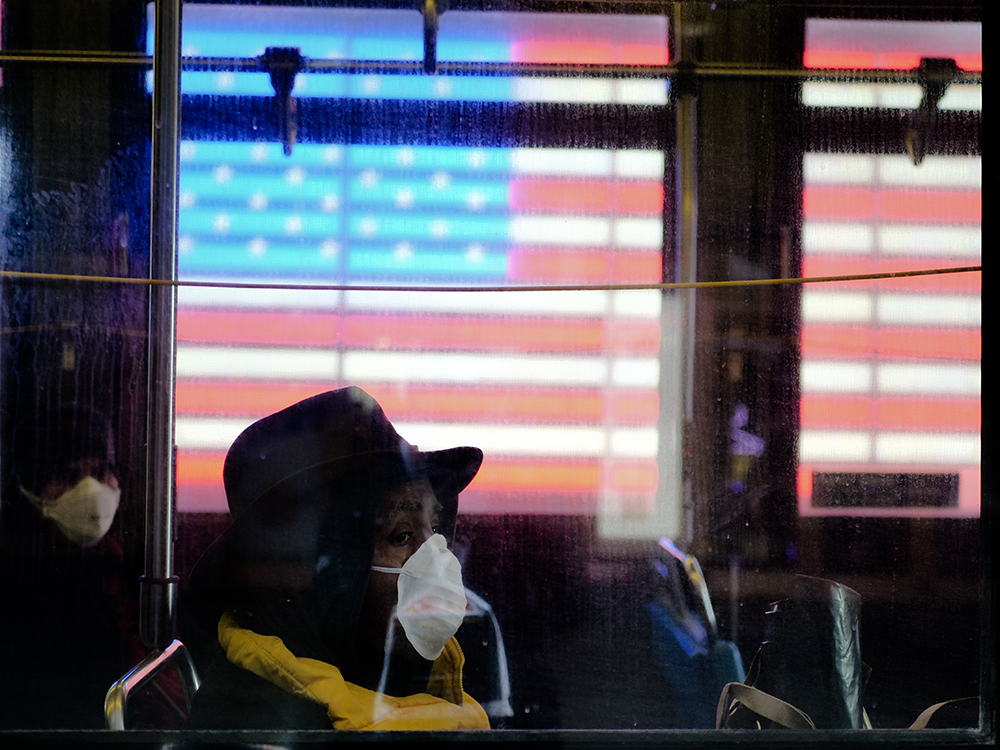
The coronavirus pandemic has turned our lives upside down, putting restrictions on where we go and who we meet – and this has had a profound effect on the ITS industry events which are a staple of the business calendar.
For instance, Intertraffic 2020 has been postponed for two whole years, while other marquee events have been turned into digital gatherings. Reed Exhibitions, which manages and delivers ITS America Events, hosted the ITS World Congress All-Access virtual education event series last Fall/Autumn - the first time a World Congress has gone online after needing to pivot direction.
ITS America’s 2021 Annual Meeting was shaping up to welcome delegates in Atlanta in May. Unfortunately, May felt too risky for the show managers, driving their early decision to reschedule, and it has been moved to Charlotte, North Carolina, December 7-10, 2021. ITS International is proud to be the event’s official media partner.
For Will Wise, group vice president for the security & transportation portfolio at Reed Exhibitions, and Jaime McAuley, marketing & event director, for ITS America Events - the shift of time and location presented challenges – but now they have leveraged it for some surprisingly positive opportunities.

With Covid-19 not going away any time soon, the emphasis in December will be on ensuring that the event is, first and foremost, safe for visitors. Reed has been impressed by the Charlotte Convention Center’s approach to health and safety and is confident that rigorous Covid hygiene protocols will give attendees the confidence to enjoy their time. In addition, the rapid acceleration of vaccine availability and distribution progress in the US is creating confidence for events that are slated for the second half of this year.
Reimagining transportation
When it comes to the shape of the event itself, the theme of ‘Reimagining Transportation’ is appropriate: conferences too are being reimagined and Charlotte is going to be a traditional in-person affair – with an online element to it as well.
“Our standard now for events is that it is going to be a regular thing - not just this year, but for the long term,” says Wise. “Let’s face it, we know some people - even in the US - might not be able to travel. So providing that virtual access to content during the show week, we are definitely looking forward to it - and we frankly think it’ll expand our connections for the future.”
It’s still quite early in the planning process, and the team is looking at options which could include recording and streaming live high-level sessions and keynote speeches, so anyone not able to be there physically can still watch the sessions, and also it will be available on demand. McAuley says: “We can’t specify right now exactly which session topics will be streamed but we are looking at it holistically, to see what would be most valuable for our audience.”
We have all gotten used to looking at streams of virtual panel discussions and presentations over the last year or so, and the ability to post questions and get answers in more-or-less real time from a remote panel means that the level of engagement is still there: marrying the two may even create the best of both worlds.
Having said that, there is nothing quite like the connections you can make in person. Wise agrees: “Yes, the serendipity of the live event: you can’t plan for everyone you’re going to meet and the inspiration that you’re going to find, in the hallways, sitting next to you in a conference session, or across the expo floor. It is amazing what you can learn just having a coffee meeting after a conference, or time at the hotel lobby bar. That definitely cannot be replaced 100%. We’re showing that people can’t wait to get back to the in-person - but also, we can innovate on learnings from our remote mode too.”
Reed has been working on virtual events in various fields during Covid, and Wise says this has been “hugely insightful for what people’s interests and needs are”.
McAuley suggests there is now a sense that engagement has actually increased with attendees and potential visitors. “We have been building a community ‘365’ that now just complements whatever we’re doing at the in-person event,” she explains.
Safer, greener, smarter
“To some extent, we used to run events where we brought everyone together and it was great and then we had some communication with them a few months after - but that episodic mode doesn’t exist anymore. Now that we’ve added these ‘365’ year-round components we’re continuously engaging with the audience, building that network and solidifying the need to now bring it all together in-person at an event.”

Digital participation may even feed into physical attendance, with Wise pointing out that, at Reed’s fourth-quarter virtual events in 2020, “the amount of new contacts for the database that had never been to the events before was a pretty big percentage”. For instance, 69% of the audience attending ITS World Congress All-Access online was new people. Even though Reed had done a lot of database building when it took over organisation of ITS America’s events, that figure still surprised him.
Engagement with attendees has been extensive. Post-event feedback suggests that things are heading firmly in the right direction, with content found to be useful and relevant. “The constructive feedback we received was stuff we can easily fix,” Wise continues. “You know, we ran six hours of content, back to back; we had three concurrent sessions running at the same time and there was a little bit of fatigue there. So that came out loud and clear in the survey: maybe space it out a little bit more.”
Making sessions available on demand has been particularly popular, and Reed believes that is here to stay, allowing people to dip back in to find a quote, refer to some research data or review a particular section.
McAuley notes there has been strong momentum following ITS America’s call for session and paper proposals for ITS America 2021 Annual Meeting and those who submitted will be notified on 1 June. She collaborates closely with ITS America on the process for speakers and programme strategy and management. Under that overarching theme of ‘Reimagining Transportation’, there are three topic areas:
Safer: Intelligent, Connected and Automated Vehicles; Path to Vision Zero
Greener: Sustainability and Resiliency; Pandemic Impact on Transportation & Mobility
Smarter: Mobility on Demand/MaaS; Data Sharing and Secure Networks; Emerging Technologies
“There’s a very good, broad range there,” comments McAuley. “The programme will be available by mid-summer - very early in terms of timing, which is great because it will help us really promote the event and get some more traction. When we go live with registration, we can talk about what they’re going to learn.”
So everything is set in place – and there is one final, external factor: the political wind in the US has changed in 2021. “I think there’s going to be huge energy and content direction with the Biden administration’s priorities and Pete Buttigieg being the new transportation secretary,” concludes Wise.
“Secretary Buttigieg is infusing a lot of great leadership already into transportation and says he wants to reimagine equity, and transportation’s impact on sustainability. There’s also a strong probability there’ll be a big infrastructure bill by later in the year, a huge investment in infrastructure upgrades around the country, and transportation and cities will obviously be a massive part of it. It should be fruitful.”
What about Charlotte?
As a venue, Charlotte is perhaps less well-known than Atlanta, so what can delegates expect when they are there? “It’s actually a really big, vibrant city,” says Wise. “First of all, Charlotte Convention Center is a great facility: we are extremely impressed with their health and safety and hygiene protocols and overall services.”
It’s also easy to get to, a relatively short flight from many major US cities. The region itself is also very strong in ITS, which means there is scope for some interesting field trips using the Annual Meeting as a base.
“There are some very cool tech projects,” Wise says. “For example, really innovative rail safety technology with infrared cameras along the main line between Charlotte and Raleigh.” Local authorities have been keen to get into drone technology, in particular in emergency preparedness. The automotive sector is also very important in the region, and BMW’s innovation centre is only an hour away in Spartanburg, South Carolina. NC A&T State University also hosts the NC Transportation Center on Connected and Autonomous Vehicle Technology. On the intermodal side, there is a strong rail network and deep water ports in Wilmington and Morehead City, as well as inland terminals in Charlotte and at Greensboro airport.
“In terms of roadways and highways, it’s the second-biggest state-owned highway system in the US, with the DNA of road safety - everything, of course, that ITS America and we all want to evangelise,” Wise adds.
And fun fact: the Nascar Hall of Fame is connected to the Charlotte Convention Center. “That’s an extremely cool facility, a nice tie-in that we didn’t even imagine,” notes Wise.












